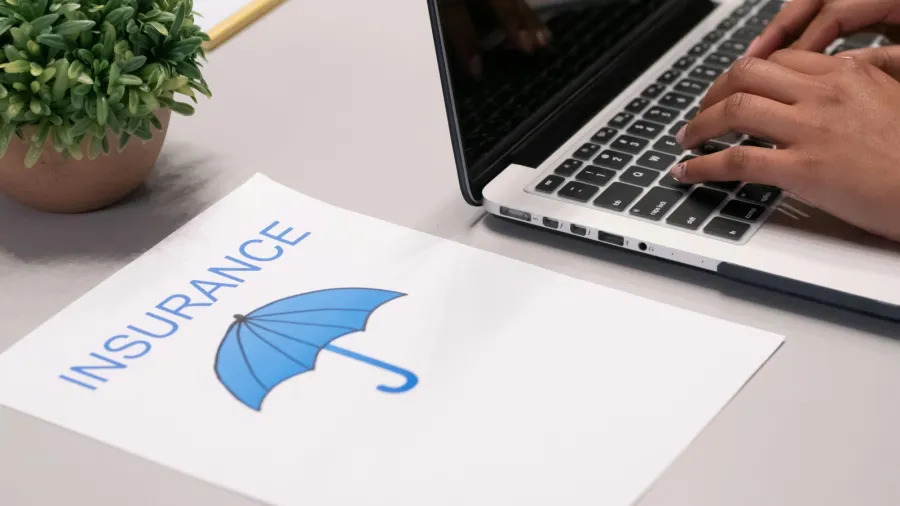
MSIG Asia’s CEO shares approach to risk management evolution
CEO Clemens Philippi explains why MSIG Asia is sticking with a Japanese-based strategy of thinking long-term and prioritising sustainability.
Insurers are facing mounting pressure to enhance offerings amidst rising expectations and socio-economic shifts, coupled with a growing affluent population. Jurisdictional requirements vary for foreign insurance firms establishing branches, with some regions allowing only locally incorporated entities.
For MSIG Asia Chief Executive Officer Clemens Philippi, regulatory changes are both challenges and opportunities, so meeting them head-on with a proactive stance is the answer.
Speaking to Insurance Asia, Philippi shed the company’s strategic initiatives aimed at bolstering growth and adapting to market shifts, explaining why regulatory approval may be needed for changes in foreign direct investment and control regimes, including shareholders and management.
He also outlined plans for organic and inorganic growth, particularly in developing bite-sized insurance products and exploring potential mergers. Looking at projections of high single-digit growth, the MSIG Asia top boss said there are still hints at the potential for significant jumps with emerging opportunities.
His insights offer a glimpse into MSIG Asia’s dynamic approach to navigating evolving landscapes whilst staying true to its long-term vision of sustainability and societal impact. With a blend of innovation, strategic partnerships, and a strong focus on purpose, MSIG Asia charts a course for continued growth and resilience in the face of uncertainty.
Here are excerpts* from his interview with Insurance Asia.
What new strategies is your company implementing in 2024 to stay competitive and address changing customer needs? How does this differ from previous approaches?
Despite regulatory changes posing challenges to the industry, MSIG Asia is approaching this as an opportunity. The increased minimum capital requirements in some countries and other market pressures, from regulators or the environment will lead to consolidation. It’s a challenge for most of the players, but we see these as an opportunity in terms of organic and inorganic growth.
MSIG Asia hopes, on the organic side, to continue with product development. So, in the last few years, we've invested in new products — bite-sized products — to be easily distributable for platform partners to have micro-insurance offerings. Also, for the small and medium enterprises (SME) and micro-SME parts in cyberspace, we offer many more products. On the inorganic side, consolidation trends might be triggered through regulatory changes, a high-interest environment or reinsurance pressures. We have set up a team in the regional management office to study the potential in the markets.
How will these initiatives drive MSIG Asia’s growth for the year?
We are a Japanese company. The beauty of a Japanese company is that it is sustainable and long-term growth-focused. We have written and agreed with our head office on a 10-year growth plan which foresees significant aspirational growth in areas such as mobility, health and renewable energy.
How does MSIG Asia handle risk management and mitigation, particularly with emerging risks, and how has this changed over time?
There will be no major change in MSIG Asia’s strategy from previous years. In the two to three years I’ve been head of the region, we have gone back to our Japanese-based strategy — to think long-term and put sustainability first. On that basis, risk management is very important for us.
We have invested a lot in these resources. When I came here, I found happily that we have a very strong risk management team in all the countries but also at the regional level. The team focused on the traditional approach to risk management. Thus, defining the risk appetite, looking at the capital management, making sure that we, of course, are solvent at all times; at all stress scenarios; doing the risk mapping every quarter; risk identification; and then working on risk mitigation with all the countries.
This is something done locally and then escalated to a regional risk committee. We then discuss and give feedback to the countries and then try to bring up changes there. The strength of that team has helped me then in the last two to three years to say we can go beyond our defensive role and become much more offensive.
On the more traditional product side, we are a big player in all the markets for motor insurance, and our risk management team is heavily involved in assessing risks and opportunities and steering the portfolio with the actuaries.
On top of that risk bubble is the topic of generative artificial intelligence or AI. What is the risk of ignoring it? Not being on the forefront?
Regarding digital innovation, we have set up an expert team in Singapore, which is helping all our countries to get to grips with generative AI and how we can use it on the front line and the back office. An important question asked by our risk management team is: ‘What’s the risk of not speedily adopting generative AI?’ But at the same time, ‘What is the risk of wrongly adopting it?’ These are questions we discuss heavily in local and regional risk management committees.
Can you discuss any notable partnerships or collaborations your company is entering this year? How do you see these alliances contributing to the overall success of your business?
It’s a continuation of what we’ve done over the last years, and we’ve increased traditional partnerships and ecosystem partnerships in particular.
In our region, there have been very successful non-banking consumer finance providers, which are serving the emerging middle class. With these companies, we’ve created bite-sized insurance products tailored for consumer goods bought. At the point of sale, when the finance company offers a loan for the item, the customer is also offered MSIG insurance to protect the new asset.
For traditional bancassurance, we inked last year a 15-year partnership with HSBC Singapore enabling the distribution of MSIG’s commercial and personal insurance solutions to HSBC’s Singaporean clientele.
Going back to bite-sized products, we will drive partnerships with airlines and online travel agencies. In Thailand, for instance, we are proud to have captured the no. 1 position in the market for travel insurance. Also, in Australia and Singapore, we have grown significantly in this booming post-pandemic segment.
A top priority for us is to protect consumer and commercial policyholders from Cyber losses. We have already put up an experienced underwriting team, and we need to forge partnerships with fintechs for risk management and distribution.
A last burning topic is the battle against climate change. At MSIG and the industry in totality, we could zoom in on two areas. First, on the investment side, we are steering our investments to low-carbon assets. Second, we are actively reaching out to NGOs, communities, and start-ups to support our policyholders in understanding their carbon emissions and reducing these over time.
Lastly, can you share with us your experience as an insurance leader?
I think it’s the best time to be a CEO in an insurance company. At the beginning of the year, we undertook a series of town halls across the region to engage our staff. On each occasion, my message is clear: among all the financial instruments, insurance offers the most purposeful product.
Why? Because insurance creates a community. Our community members, the policyholders, are ready to support each other especially those impacted by a risk event through their premiums. I think it’s very important for us as insurance practitioners to go out and talk to our people about the purpose of insurance. This is very appealing to young generations, especially GenZ and Millennials. It will allow us to recruit and retain great talent as we navigate into the future.
At MSIG Asia, I want to excite our employees with this message. We are upskilling our colleagues and creating an environment that drives innovation in order to face all challenges as one team in our diverse markets.
With the recent VUCA (volatility, uncertainty, complexity, ambiguity) environment, our industry has a pivotal role to play in making societies more stable and balanced and contributing to economic development.
Therefore, with all the above said, I enjoy every day as CEO of MSIG Asia working with my colleagues.
*Note: This article has been updated on 12 April to correct certain factual inaccuracies in the quotes originally provided by the interviewee. These changes were made by the source to enforce clarity from their interview.

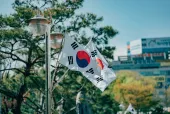
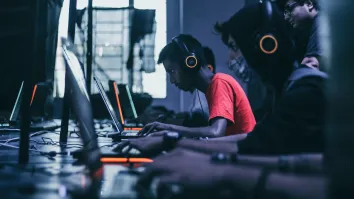
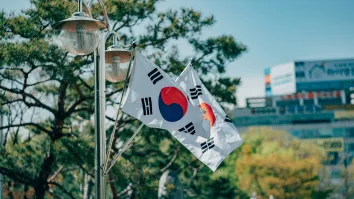
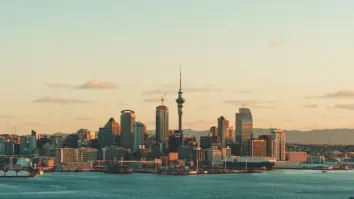

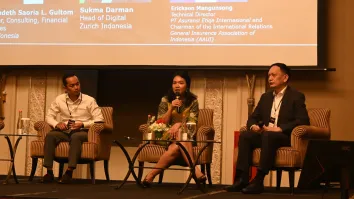
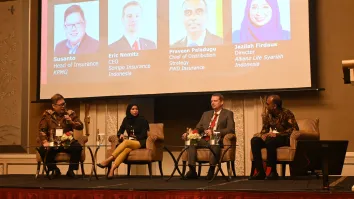
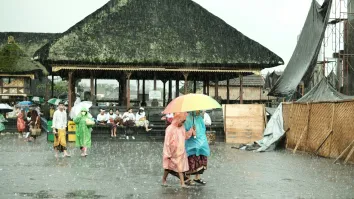
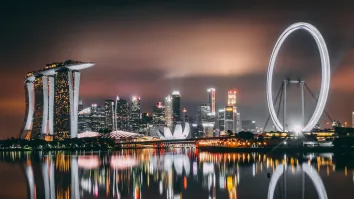
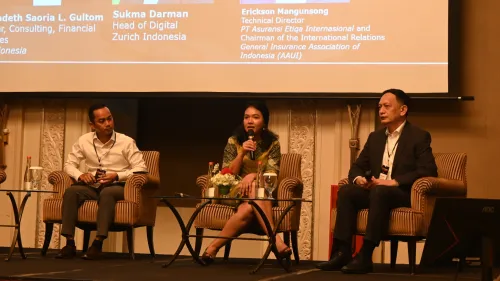
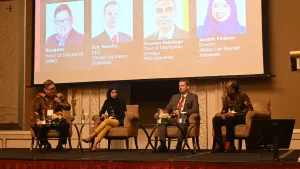
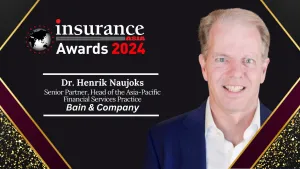
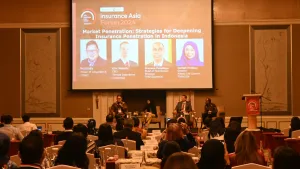
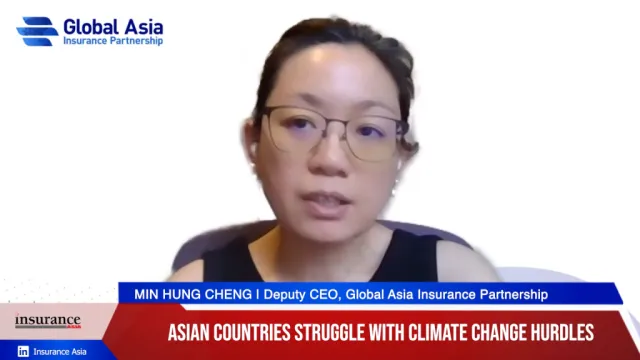
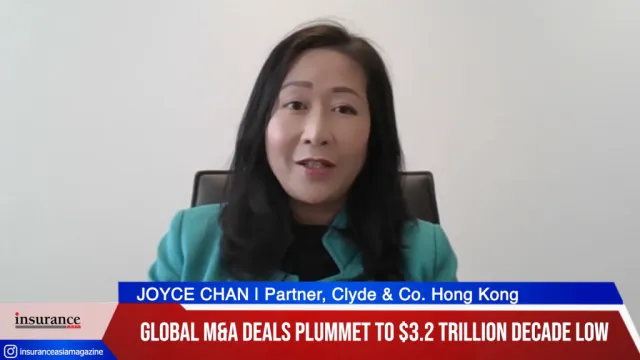
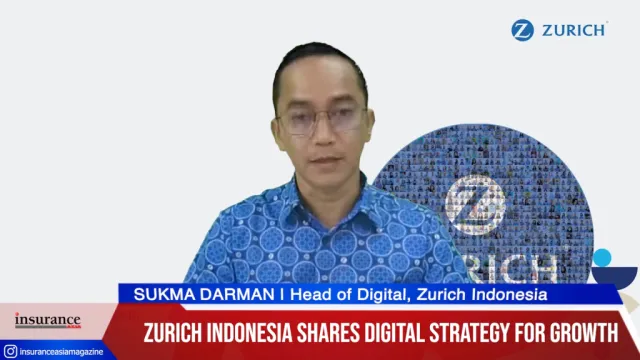
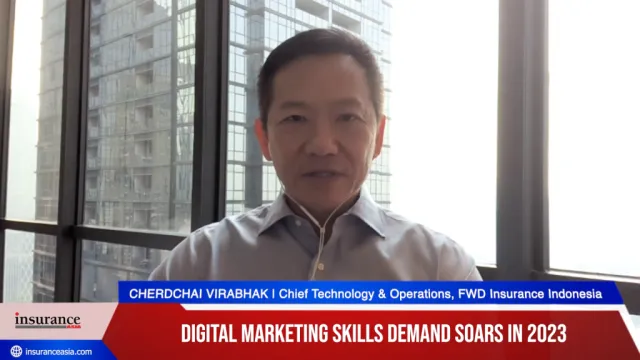
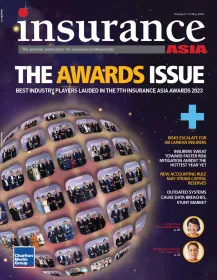
 Advertise
Advertise






